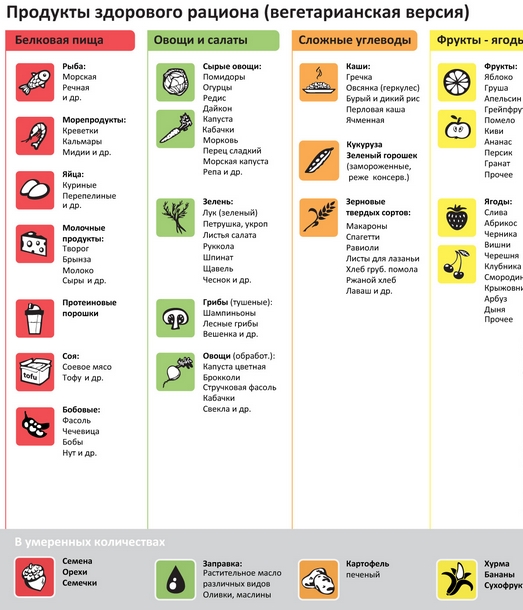Cosmetologists and dermatologists have practically come to a consensus that diet for acne – one of the important conditions for successful therapy. However, there will be no success if the patient does not understand the essence of such a diet.
In the absence of obvious gastroenterological problems, it is difficult to convince him of the need for nutritional adjustments in order to improve skin condition.
Modern scientific data on the relationship between diet, hormone production and skin inflammation will help, according to estet-portal.com, together with the patient to choose the right diet for acne.
Acne diet: what is the relationship between nutrition and hormones affecting the skin
The production of sebum, bacterial activity and acne inflammation are all influenced by the hormones that circulate in the body. We used to mention androgens, testosterone in the context of acne rashes, but the hormone insulin plays an equally important role in skin health.
Increased synthesis of insulin increases the production of sebum, provoking an exacerbation of acne.
When the body receives a large amount of foods and drinks that increase the glycemic load, insulin production increases. An increase in the blood level of insulin-like factor-1 gives a signal to start a cascade of biochemical reactions that provoke:
• increased sebum production;
• active bacterial growth;
• development of the inflammatory process;
• formation of foci of acne rashes.
Follow us on Telegram!
Glycemic load – This is a measure of how much the food you eat raised your blood glucose levels. Refined carbohydrates, for example, have a high glycemic index. Candy or cake will cause a strong jump in sugar, which means – insulin response and increased sebum production.
Studies have shown that using a low glycemic diet in the treatment of acne can significantly reduce sebum production and improve skin condition.

What foods are recommended to be limited in the acne diet
In addition to sweets, pastries, baked goods and other high-calorie foods that increase sugar levels, there are several other food groups that are undesirable for acne sufferers. The problem category includes:
• whole grain bread;
• legumes;
• starchy vegetables (potatoes);
• cereals (especially white rice and rice products).
Grains and legumes contain gluten, phytates and some other substances that are aggressive to the cells of the body.
Acne in women of reproductive age: features of the disease
According to a number of studies, they are able to suppress the work of some important enzymes and provoke inflammatory processes. Lectins and gluten contribute to clogged skin pores.
Dairy products are also considered problematic for acne patients, as their proteins can stimulate the activity of the pancreas to produce insulin.
What should be in the acne diet
Scientists have noted that acne patients have significantly lower blood levels of zinc, selenium, magnesium, and vitamins A and E than those with healthy skin. Therefore, the inclusion of dietary supplements with these elements and the correction of the diet in favor of vitamin-containing products – an important condition for successful treatment.
What drugs can cause drug-induced acne
Absolutely necessary intake of omega-acids, which can be consumed in the form of seafood, and in the form of fish oil. At the same time, it is necessary to remind the patient that the ratio of omega-3 and omega-6 fatty acids should be 1 to 4 (as a rule, this proportion is strongly violated in favor of omega-6, which are rich in vegetable oils).
A well-designed acne diet, selected individually for the patient and excluding refined foods, grains, legumes, dairy dishes, allows you to achieve significant improvements in skin condition.







Add a comment